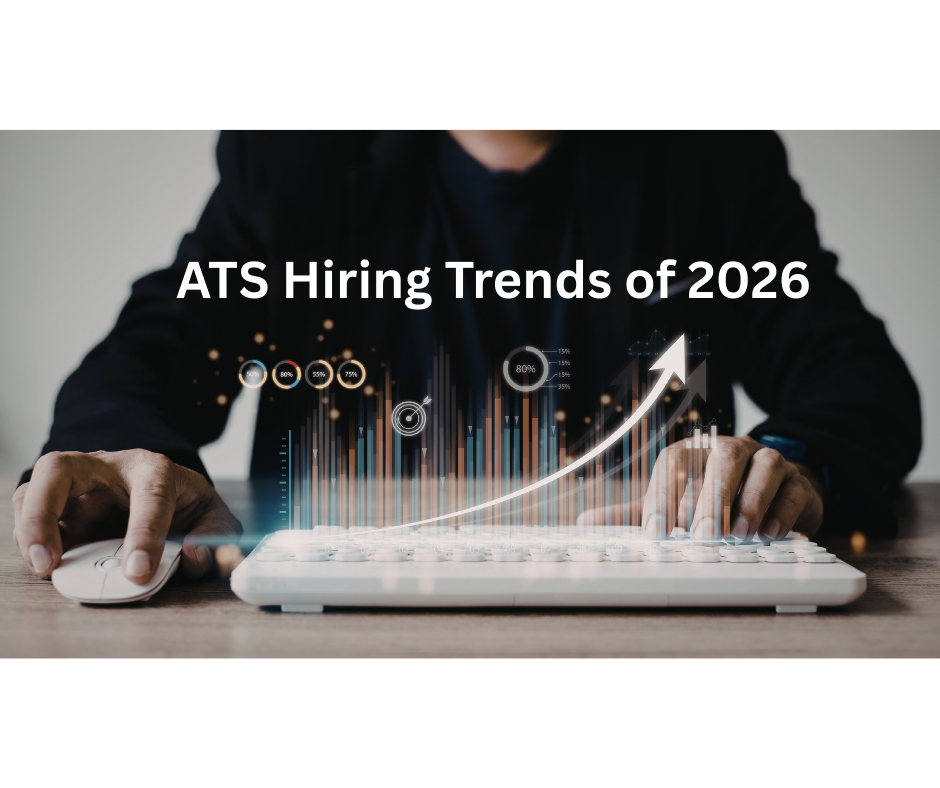Millennials have become the largest generation in the workplace and their presence only continues to grow. However, in recent years the Millennial generation has been given a bad reputation. Millennials are considered to be the “job-hopping generation”, constantly looking for new employment and switching jobs. Even though 60% of Millennials reported that they would be open to a new job opportunity, statistics show that Millennials aren’t job-hopping any faster than Generation X did.
Whether or not this is true, businesses are still left to manage an astoundingly high rate of employee turnover. This unexceptionally high rate has been costing United States businesses upwards of 30.5 billion and a lack of engagement costing them 200 million dollars every year. By changing your business slightly, you could help your human resources department to attract and retain their employees for longer. Thus, this will allow your business to reduce employee turnover while increasing employee engagement and return on investment.
Businesses have bent over backwards in recent years for their employees, offering a surplus of different perks and benefits. Companies like Google and Facebook are perfect examples of this, providing on-site massages, nap pods at work, and sometimes even free travel. But is all of this necessary for your business? After doing some research, it appears that the answer to this question is no. Gallup has found that the biggest thing Millennials are looking for in the workplace is a sense of purpose. Over 60% of Millennials reported that they preferred employment with training and development that would allow them to grow as employees.
Flexibility in the workplace is also very important. Studies show that employees who are trusted and given flexibility from their employers have shown a huge increase in accountability and engagement. This is perhaps the best, simplest and most inexpensive perk businesses can offer to their employees. The next priority should be to implement organizational values and a strong corporate culture into the business to give employees a personal connection to the company and their fellow coworkers.



